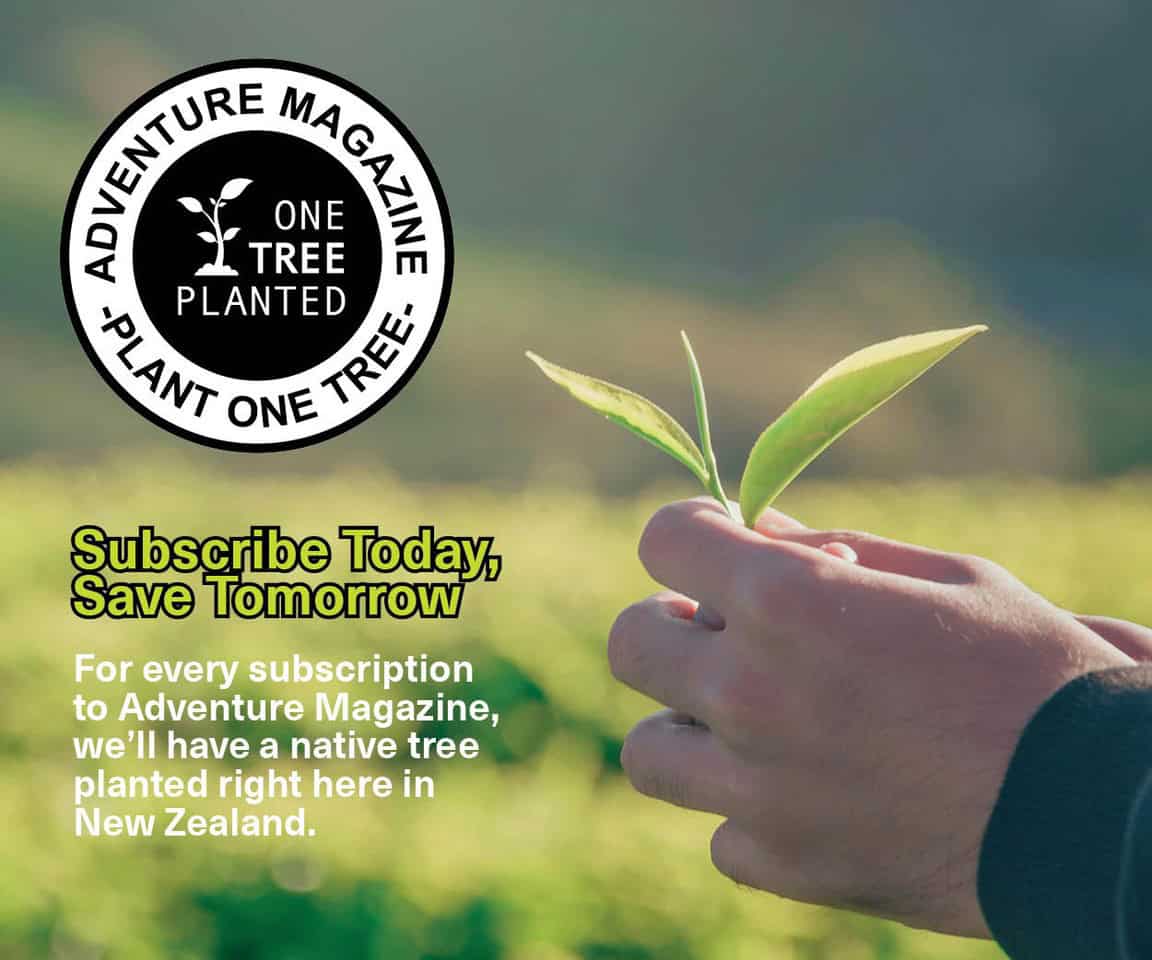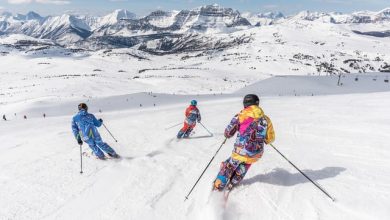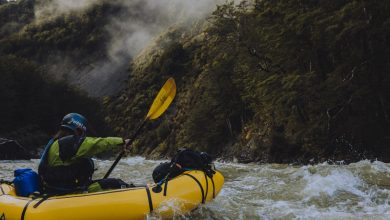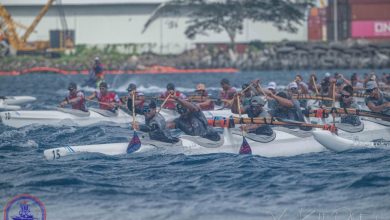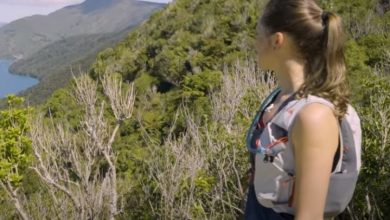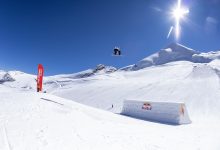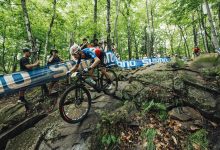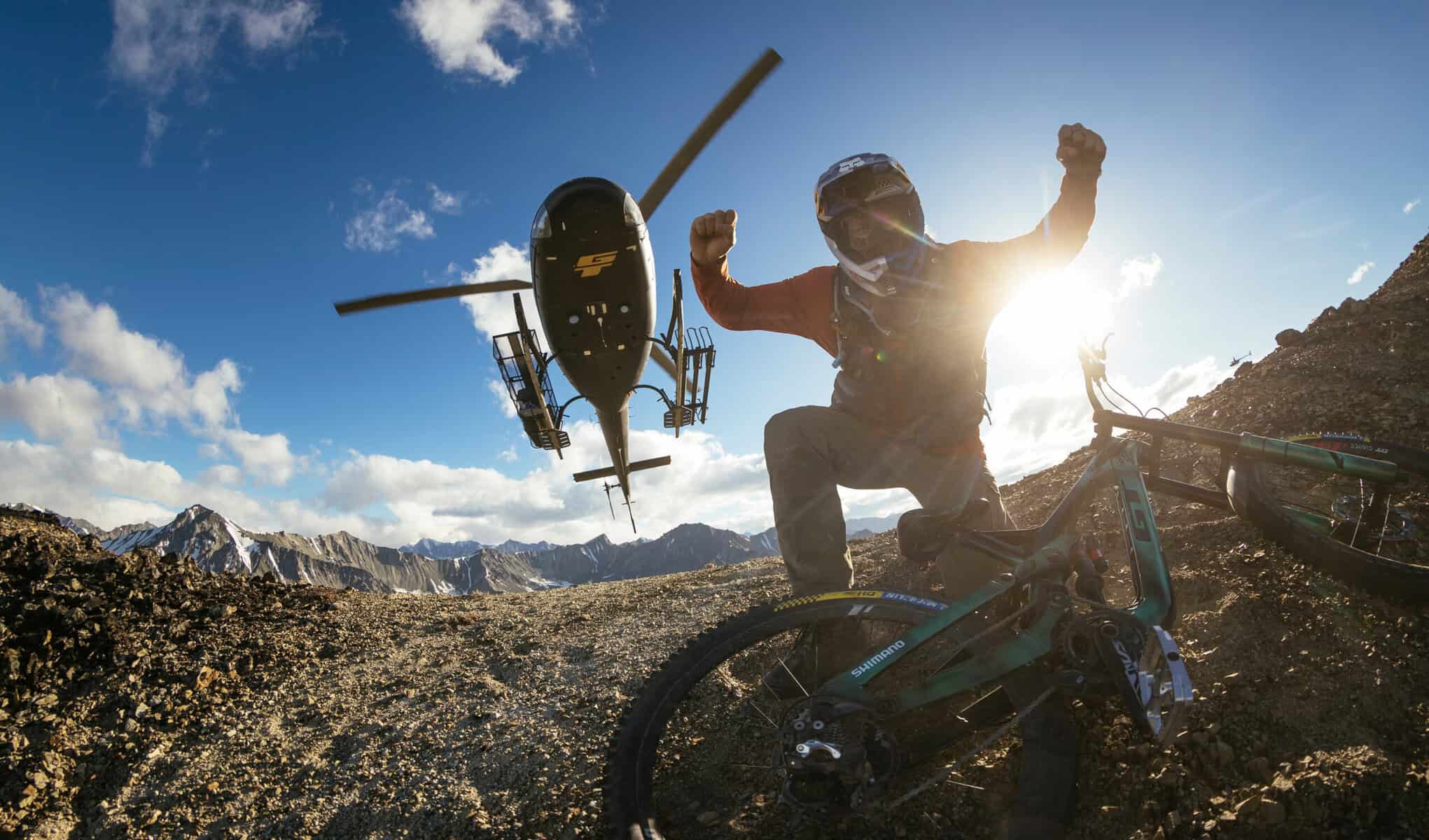
Somewhere deep in the unrelenting backcountry of Alaska, where mountains rise like frozen tsunamis and the snow-draped silence is broken only by the crunch of tyres on crusted ice, Brage Vestavik lets go of certainty—and rides into the unknown.
This isn’t a playground. It’s not a film set. It’s not even a bike park dreamt up by some adrenaline-fuelled designer with a taste for punishment. This is Planet Alaska—the latest and boldest project from Red Bull and Vestavik himself, a cinematic sledgehammer that smashes open the limits of freeride mountain biking and rewrites the rules with every turn of the wheel.
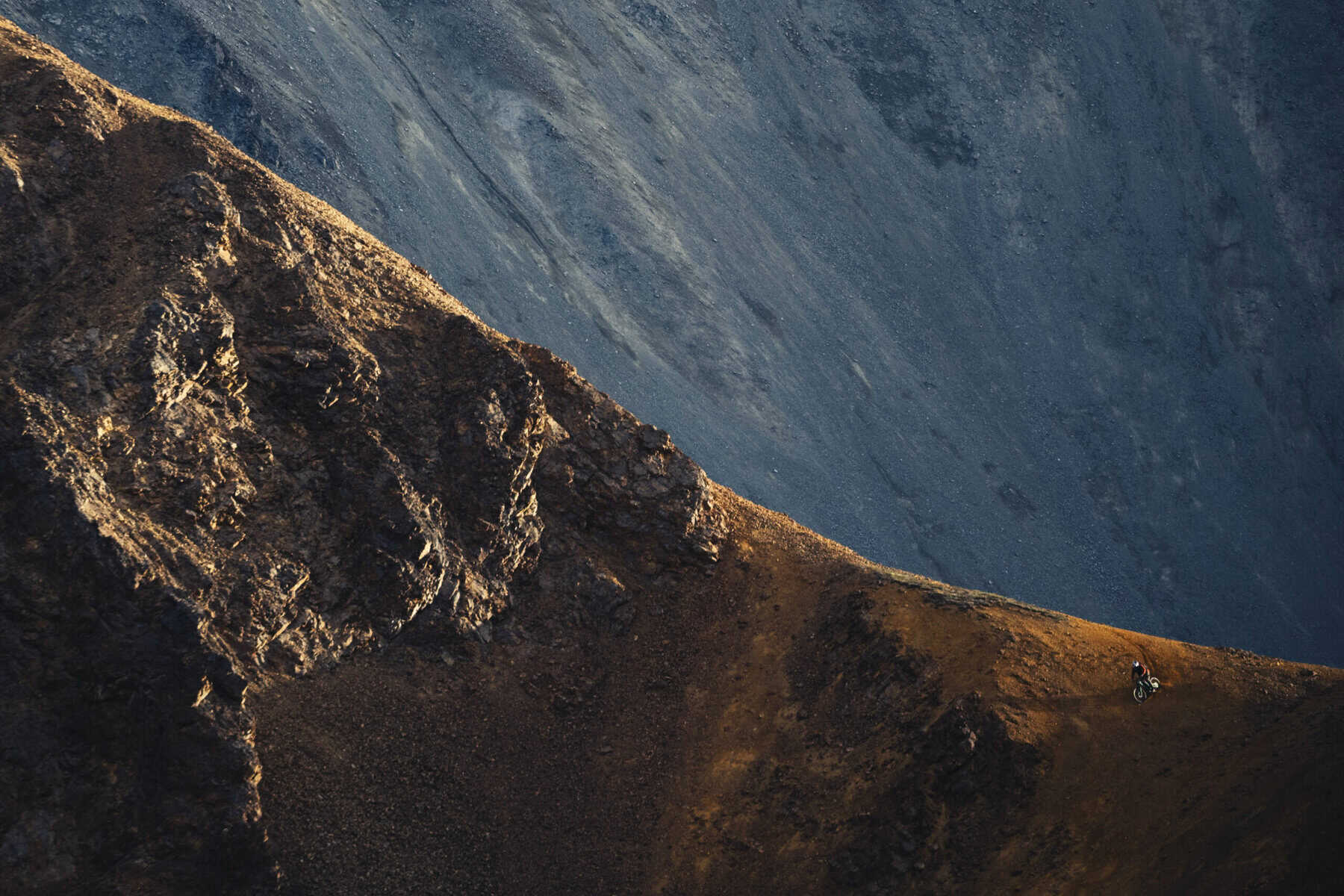
The film, produced by Blur Media and now live on Red Bull Bike’s YouTube channel, is unlike anything that’s come before it. It’s freeride, but raw. Precise, yet unpredictable. Inspired not by mountain bike edits, but by big-mountain skiing—the kind where the margins are razor-thin and hesitation is punished with consequence.
For Brage, this was never just another project. It was personal. After surgery and months spent rebuilding at Red Bull’s Athlete Performance Center in Austria, his journey back to full throttle wasn’t marked by medals or race results—it was marked by grit, by solitude, and by a single goal: Alaska.
“I grew up skiing, watching old snow films with my dad,” he says. “Alaska was always the
mecca. I never thought I’d actually be here—standing on top of those same spines, bike in hand.”
But there he was, standing on razor-sharp ridgelines normally reserved for skis and snowboards, a tyre tread away from catastrophe. The descent? Not mapped. Not rehearsed. Just read, reacted to, and ridden.
“The unknown is what I love about riding,” Brage says, his voice calm in that way only people comfortable with chaos can manage. “There’s that moment where your brain checks out and your body just… knows. You’re dancing with the mountain.”
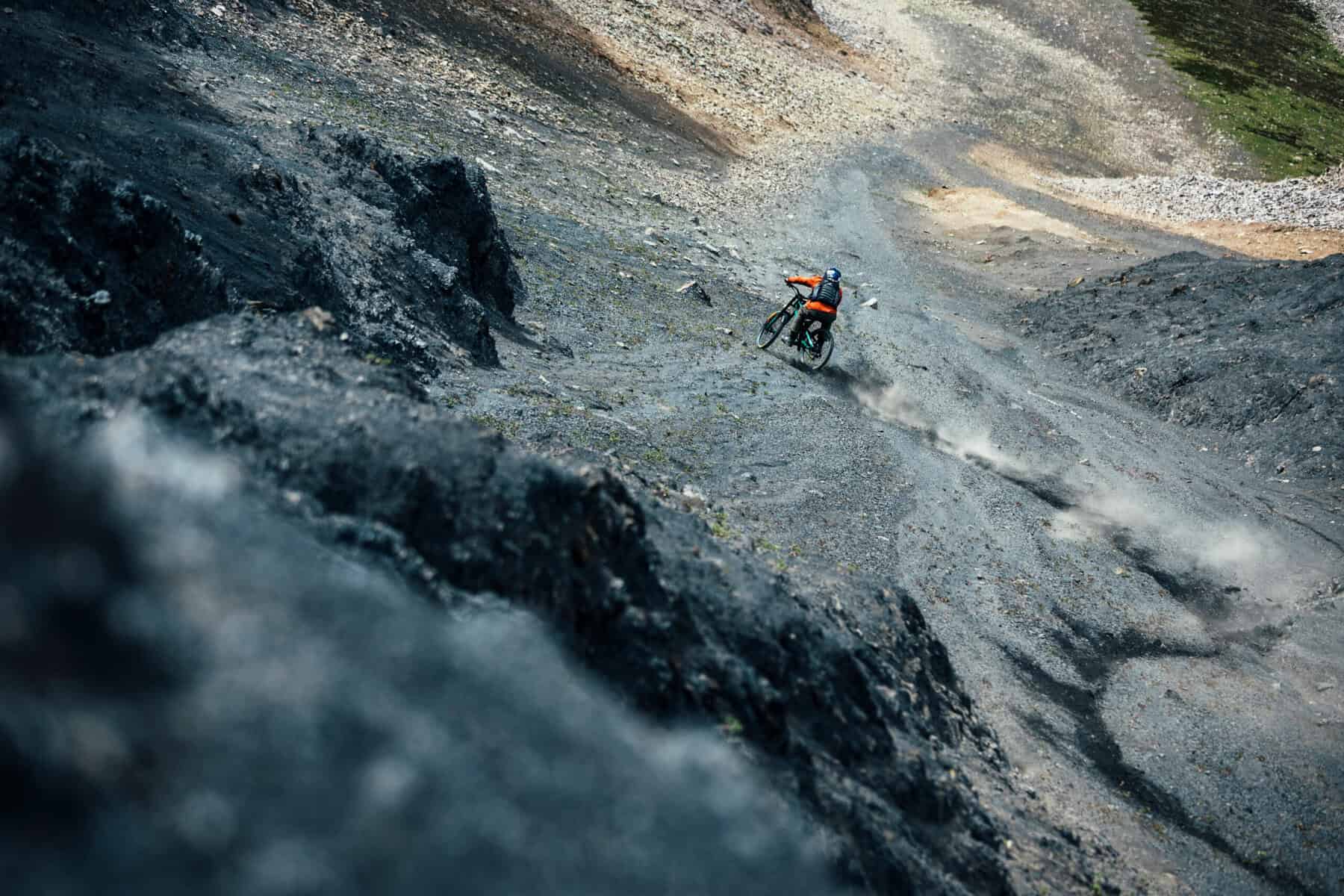
And what a dance it is.
There are no soft landings here. No sculpted kickers or second chances. The terrain is raw, the stakes are real, and the only way down is through sheer instinct. But that’s exactly the point. Planet Alaska isn’t about manufactured moments—it’s about surrendering to the mountain and trusting the ride.
There’s no flag-planting. No “first descent” ticker-tape. What Brage is doing isn’t about conquering anything. It’s about evolving—about borrowing the flowing lines of snowboarders, the terrain-reading instinct of skiers, and translating it all to a machine that’s never had to survive this environment before.
“Big-mountain riding is still young in mountain biking,” he explains. “Skiers and snowboarders have this deep relationship with the landscape. I wanted to tap into that. I wanted to move like water.”
And that’s what Planet Alaska captures so vividly. A rider not looking for airtime or accolades, but something purer. A reconnection to the feeling that started it all. The kid from Norway who fell in love with movement, now carving down the unforgiving wilds of the north—not to prove anything, but simply because it calls him.
“I don’t even like calling it a sport,” he shrugs. “It’s just… what I do. It’s how I connect to the world.”
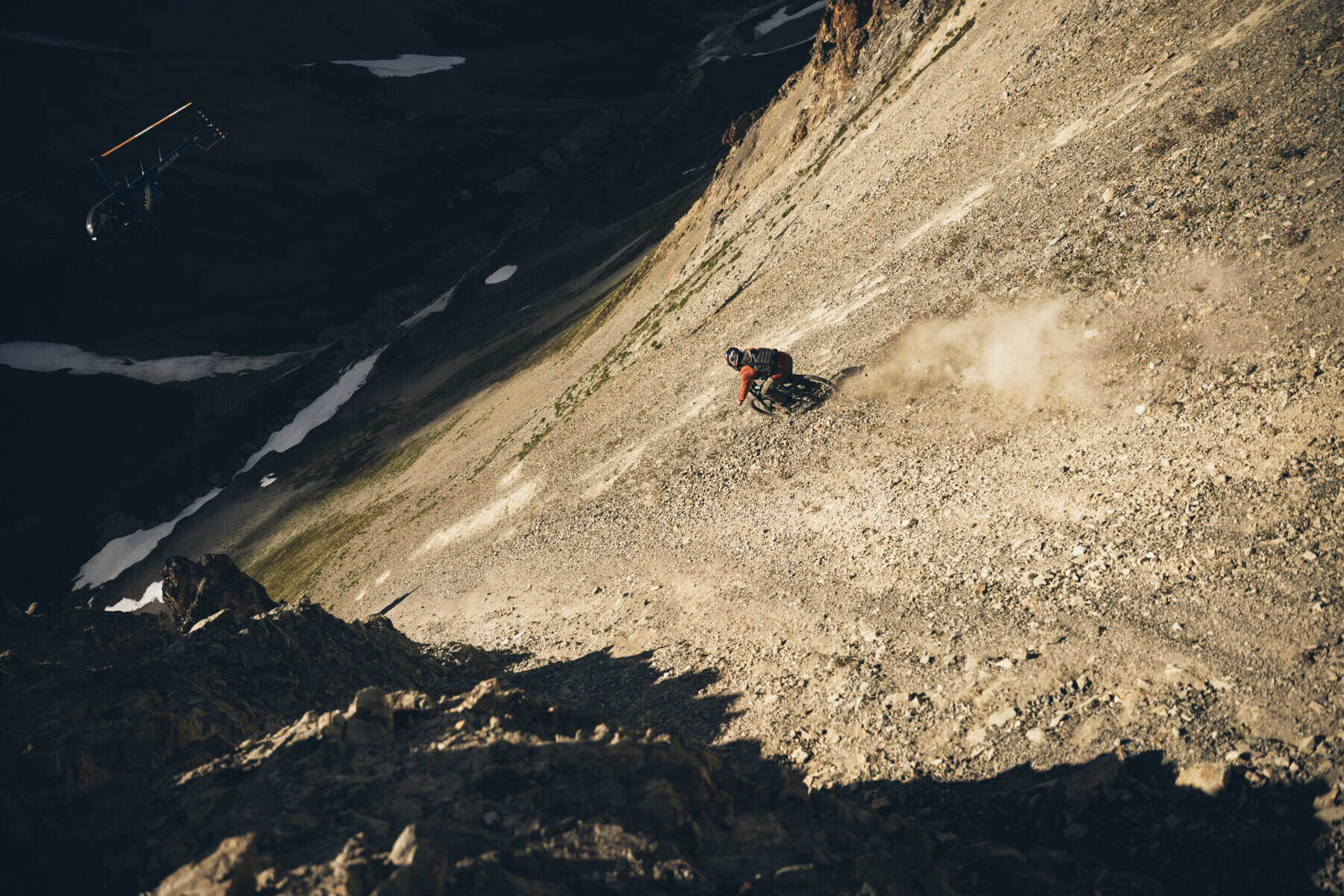
In a time when mountain biking is often defined by polished contests and controlled environments, Planet Alaska feels like a feral outlier—an unapologetic reminder that the soul of riding doesn’t live in stadium lights. It lives out there, somewhere between the peaks and the permafrost, where the trail ends and instinct takes over.
For those who ride, and for those who dream of it, Planet Alaska isn’t just a film—it’s a wake-up call. A siren song for those willing to trade comfort for raw experience. And Brage? He’s already miles ahead, carving a line that wasn’t there yesterday, and won’t be there tomorrow.
You can follow that trail, if you dare. Just know—there’s no map. Only the mountain.
Similar Features:


